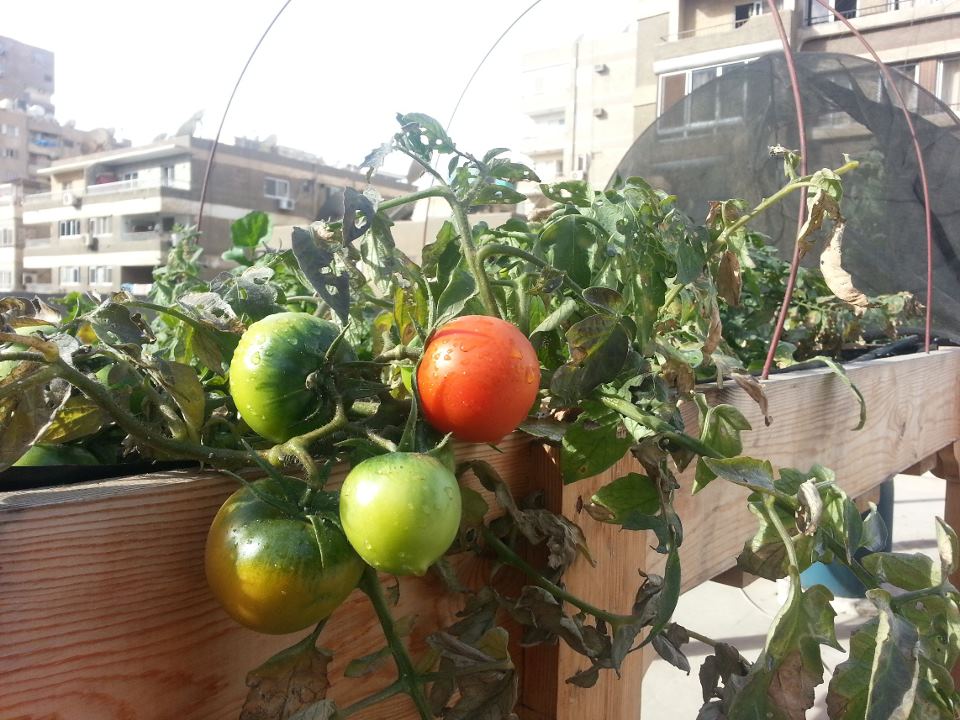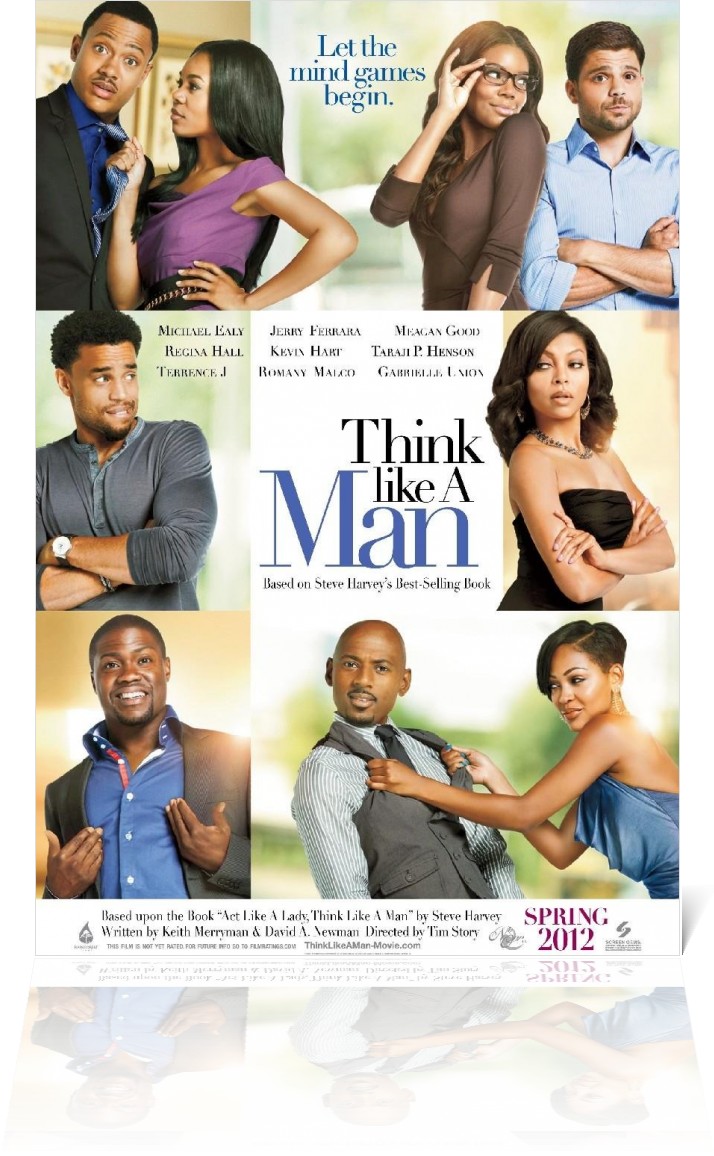By Joseph Fahim
Of the various cultural festivals I’ve covered and attended over the years in the region, none has managed to offer the pure delight I experienced at the Abu Dhabi Festival, a momentously rich event with a laudably ambitious scope, a seductively intimate ambiance and a big heart.
Unlike most festivals in the region, the emphasis of Abu Dhabi is on different, non-commercial art-forms — be it classical music, opera, jazz, theater and traditional Arabic music and art. Abu Dhabi is one of the rare wide-ranging fests where superstar sitarist Anoushka Shankar are included in the same line-up as Iraqi oud master Naseer Shamma and American Jazz singer Natalie Cole. Terms such as “cultural celebrations” and “cross-culture bridges” nonchalantly used by most fests often ring hollow; this is not the case with Abu Dhabi, a fest that fully realizes these concepts with dedication, rigor and passion.
The fest is the brainchild of Hoda Kanoo, one of the most influential cultural figures in the UAE. It is the product of the Abu Dhabi Music and Arts and Foundation (ADMAF), an independent non-profit organization aiming to elevate arts and culture education in the UAE.
In a given academic year, the ADMAF presents 29 initiatives to 53 schools and universities, reaching more than 15,000 students. The organization is not solely restricted on educational institutions nevertheless; the ADMAF is a community-based enterprise, offering 48 initiatives to approximately 12,000 children and 45 community groups each year. To enhance their programs, ADMAF has partnered with several international and regional art organizations such as the Metropolitan Opera and the American Ballet Theater (USA), the Royal Opera House and the Edinburgh International Festival (UK), the Bozar (Belgium), the Mariinsky Theater (Russia) and the Baalbeck International Festival (Lebanon) among others.
This year’s country of honor is the UK, which participated with three performances and seven events that showed for the first time in the Arab World. A number of the works presented in the ninth edition were specifically commissioned for the fest while the rest have had their premiere at the Emirate capital.
In my brief stay in Abu Dhabi, I witnessed a string of astonishing performances that forced me to contemplate the current state of Egyptian arts. Among the highlights were German company Semperoper Ballet’s revisionist take on Marius Petipa’s “La Bayadère” with an exotic, elaborate set, dazzling customs, a well-delineated narrative and a sped-up score of Ludwig Minkus.
No other event perfectly captured the philosophy of the ADMAF than the opening concert of the 8th Emirates International Peace Music Festival (for young virtuosos) featuring the Emirates Youth Symphony Orchestra accompanied by guest orchestras and soloists from the Premiere Music College of Prague and the Korea National Youth Ensemble. The performance was a showcase for the collaborative nature of the fest, assembling musicians from far-flung corners of the globe under the same roof.
Compositions by Mozart, Hayden, Paganini, Chopin and Vivaldi were flawlessly played by the young musicians, resurrecting centuries-old music in the youthful land of the Gulf city. Argentinean pianist Lorena Eckell’s delicate, graceful rendition of Ástor Piazzolla’s “4 Seasons of Buenos Aires” was a notable standout and a personal favorite; the most moving interpretation of a Piazzolla piece I’ve ever listened to.
Pretention and cynicism always spoil the best-intentioned fests; there wasn’t a hint of these in Abu Dhabi though, a reality manifested in this performance. The striking harmony between the performers cumulated in an unforgettable celebration of beauty.
On Monday, I sat down with Kanoo to discuss the genesis of the Abu Dhabi fest, the challenges presented in creating a fest of such nature and the Emirate culture scene.
Born in Lebanon to a Saudi businessman and a Syrian mother, Kanoo married a Bahraini businessman in 1991 and settled shortly in the UAE. In 1996, she founded the ADMAF to begin a prolific career in art and education. The Abu Dhabi Festival, according to Kanoo, was simply an extension of the ADMAF.
“I simply thought, why don’t we have a festival?” she said, “A festival that brings us all together, to share values, to listen to music, to enjoy art. It was as simple as that. I feel like if a city doesn’t have festivals where people can meet and can enjoy visual arts, performance arts and music, is a city with no soul.
“Abu Dhabi hosts many pop music concerts and big events with big stars throughout the year, and they’re all fantastic, fun and equally beautiful. When I started the fest, I thought, why not also produce an outlet for classical art, to open a new door for different art-forms.”
Creating a classical art fest is no feat in an age when everything classical is becoming less popular by the day.
“It’s always a challenge introducing something new,” she replied, “but what I’ve learned from my experience with the fest is to never underestimate the public. The public is smart. When you present a good work, a work that deeply touches them, they will feel it, they will relate to it and they will understand it, whether it’s ballet, opera or folk tales. It all depends on how you present it, and the relation you establish with the public. Education has a lot to do with this.
“The community programs of Abu Dhabi have opened a door of opportunities to emerging artists, for members of the various communities living in the seven Emirates to have their voices heard and present their art. I don’t believe that ballet, opera, classical music, jazz, our traditional Arabic music and art are only limited to certain nationalities or borders. Arts have no borders.”
In a budding culture that’s just starting, I asked her about the elements needed to set up a strong foundation and develop it.
“Education, education, education,” Kanoo replied. “We need to continue pushing for innovations in our educational system. Our educational programs have been established more than 50 years ago. We need to review our educational programs and examine whether they serve our children today or not. We need to focus on art education, need to examine how art education serves creativity, need to examine how art education can influence society.”
“Abu Dhabi is taking the lead,” she added, “It’s bringing us together. And the type of culture we’re trying to establish, the values we’re promoting, will radiate everywhere else. What’s different today in Abu Dhabi is that art now matters.”
“But no matter how much time goes by, Egypt will remain Om El Donia,” she smiled.
As for the future of the Emirate culture scene, Kanoo said that she can see no limits for it. “As long as creative thinking is well established, the art scene will have no limits.”
It is widely believed in Egypt that the rise of the Emirate culture in prominence is exclusively related to the vast financial resources they enjoy. Kanoo, however, dismisses this theory.
“Funding, money, is necessary in every field of our lives,” she said. “But you cannot buy culture. You build culture.”
The Abu Dhabi Festival closes on April 7. For more information, visit http://www.abudhabifestival.ae/en



